
Scene on Radio
Kenan Institute for Ethics at Duke UniversityScene on Radio is a two-time Peabody-nominated podcast that dares to ask big, hard questions about who we are—really—and how we got this way. Our latest is Season 7, Scene on Radio: Capitalism. Previous series include Seeing White (Season 2), looking at the roots and meaning of white supremacy; MEN (Season 3), on patriarchy and its history; The Land That Never Has Been Yet (Season 4), exploring democracy in the U.S. and why we don’t have more of it; The Repair (Season 5), on the cultural roots of the climate crisis; and Season 6, Echoes of a Coup, the story of the only successful coup d'etat in U.S. history, in Wilmington, North Carolina, in 1898. Produced and hosted by John Biewen, with collaborators, Scene on Radio comes from the Kenan Institute for Ethics at Duke University.
The show is distributed by PRX.
Scene on Radio is a two-time Peabody-nominated podcast that dares to ask big, hard questions about who we are—really—and how we got this way. Our latest is Season 7, Scene on Radio: Capitalism. Previous series include Seeing White (Season 2), looking at the roots and meaning of white supremacy; MEN (Season 3), on patriarchy and its history; The Land That Never Has Been Yet (Season 4), exploring democracy in the U.S. and why we don’t have more of it; The Repair (Season 5), on the cultural roots of the climate crisis; and Season 6, Echoes of a Coup, the story of the only successful coup d'etat in U.S. history, in Wilmington, North Carolina, in 1898. Produced and hosted by John Biewen, with collaborators, Scene on Radio comes from the Kenan Institute for Ethics at Duke University.
The show is distributed by PRX.

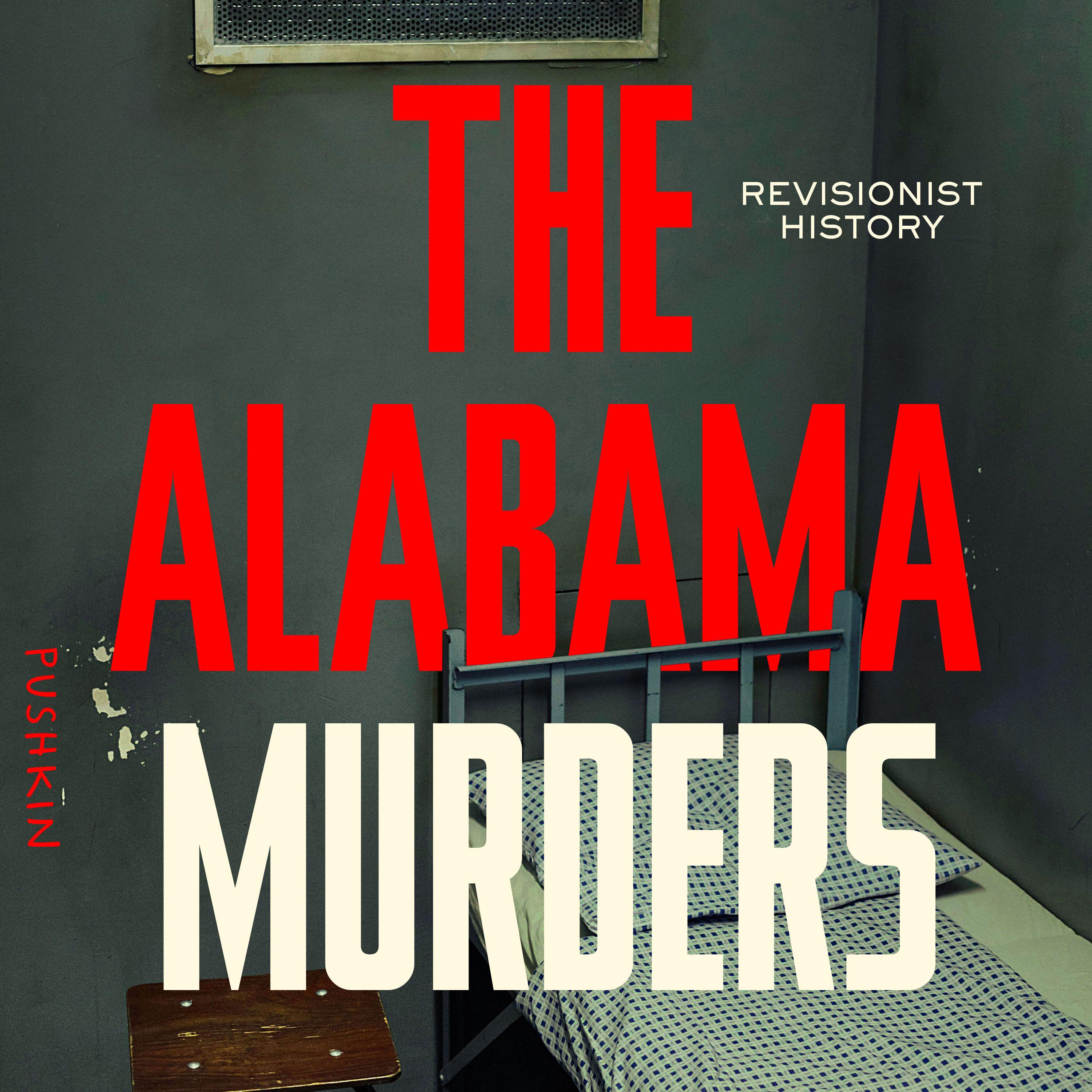

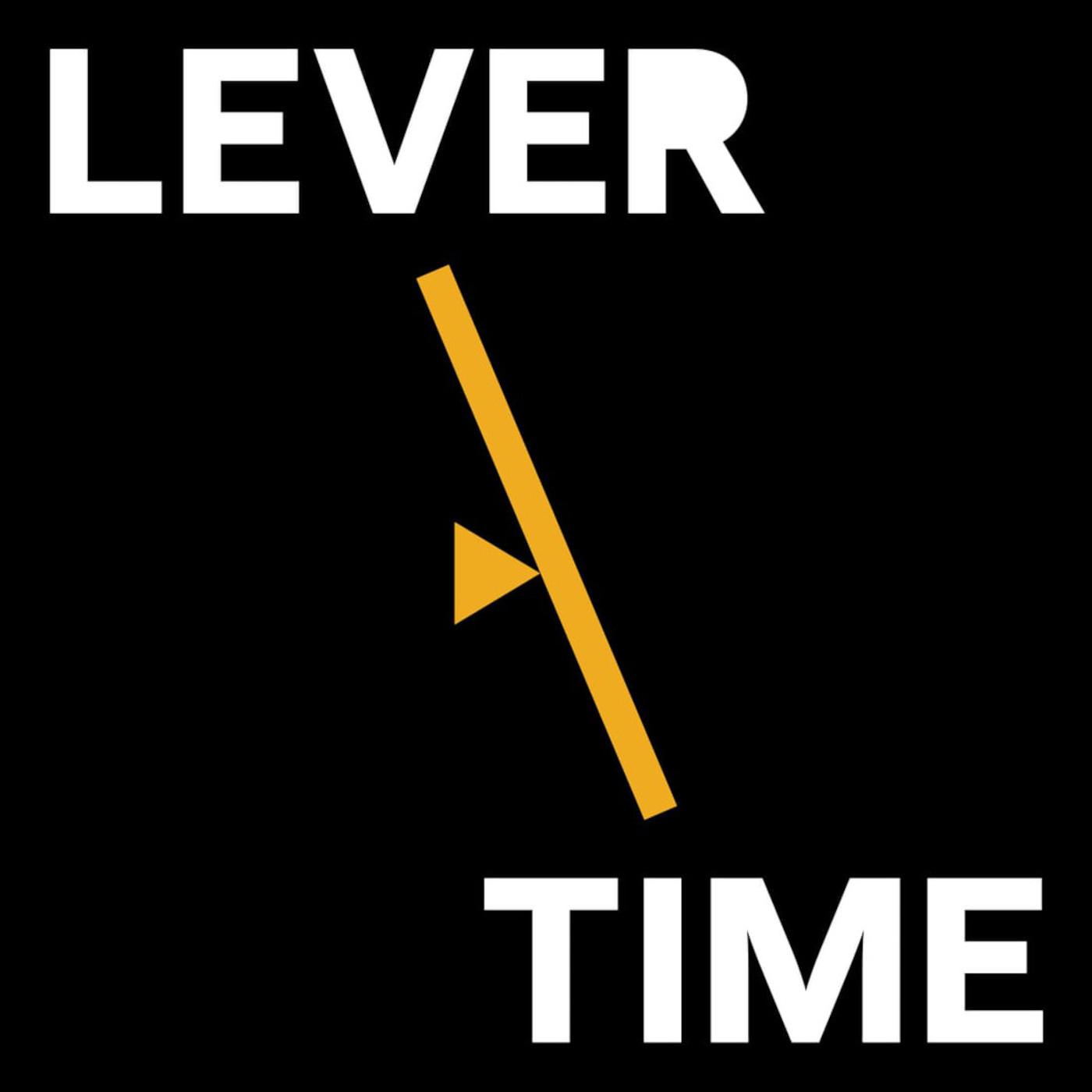




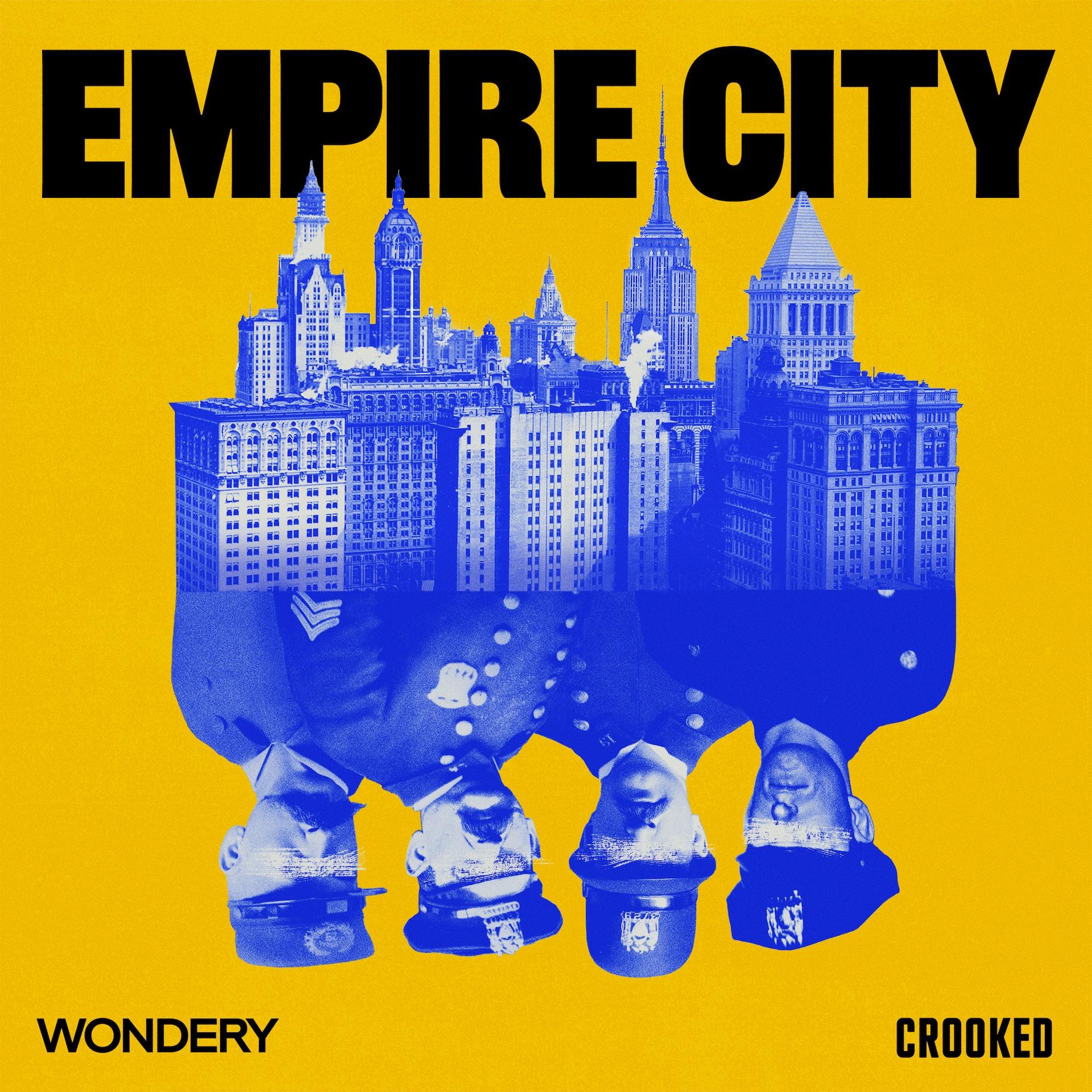












































































































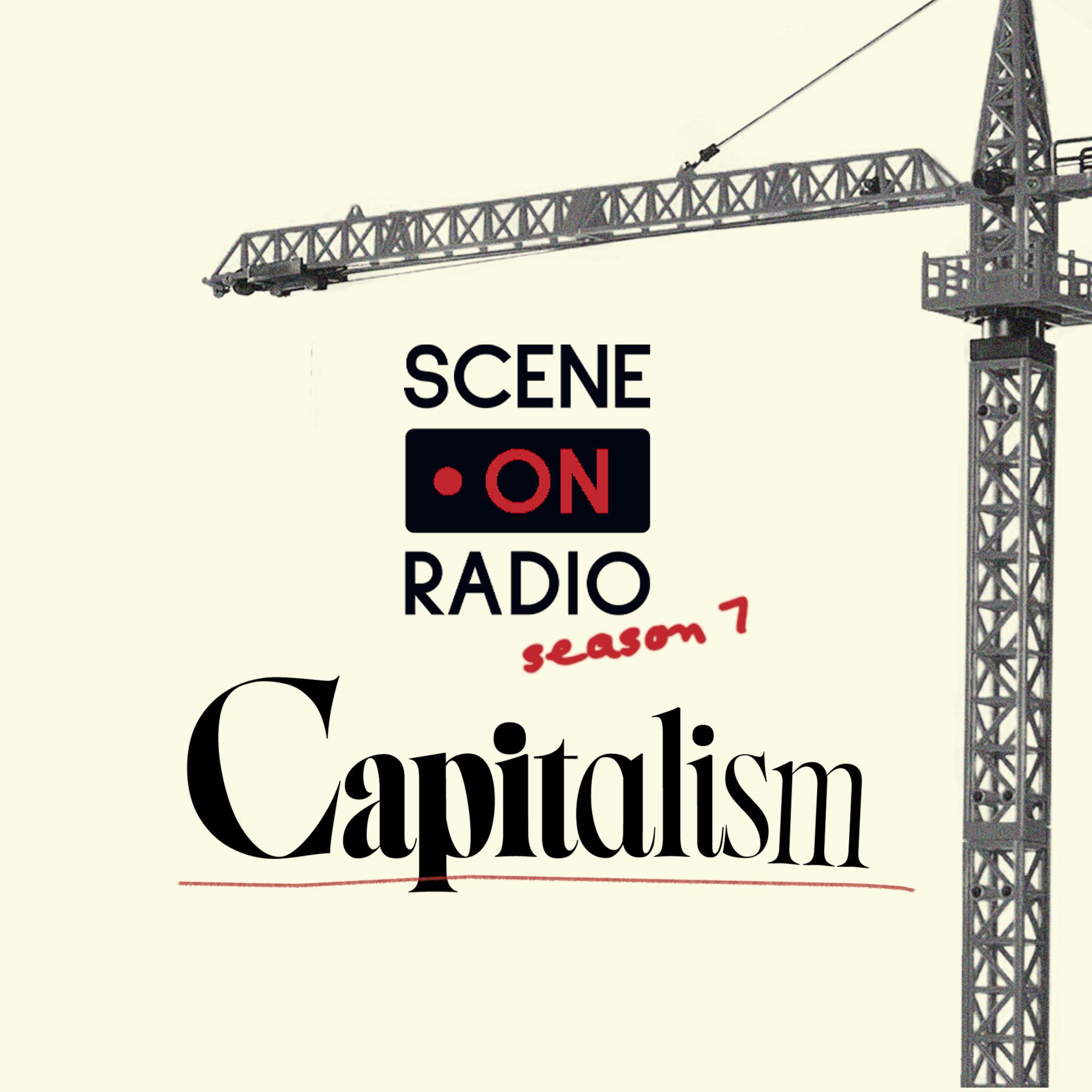
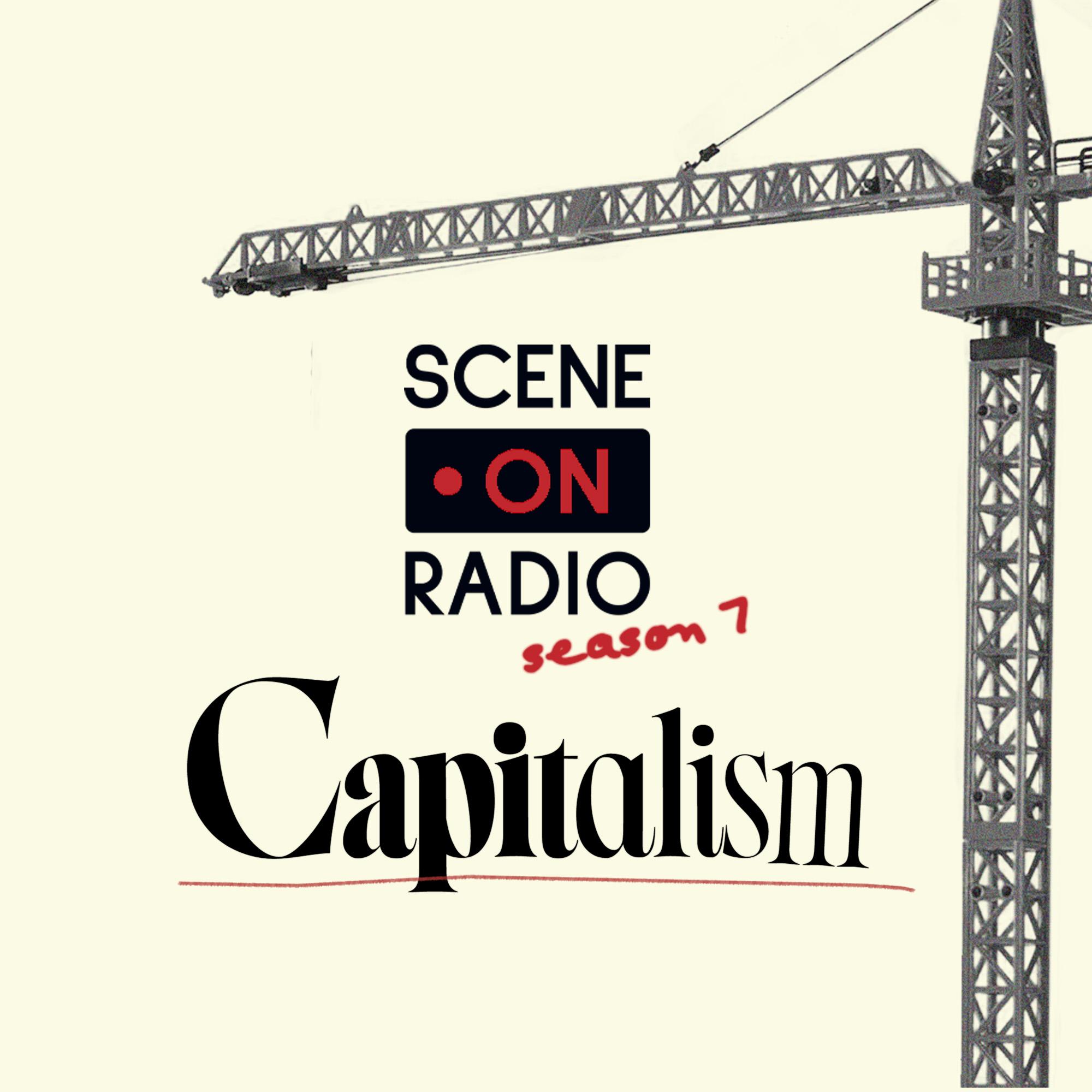
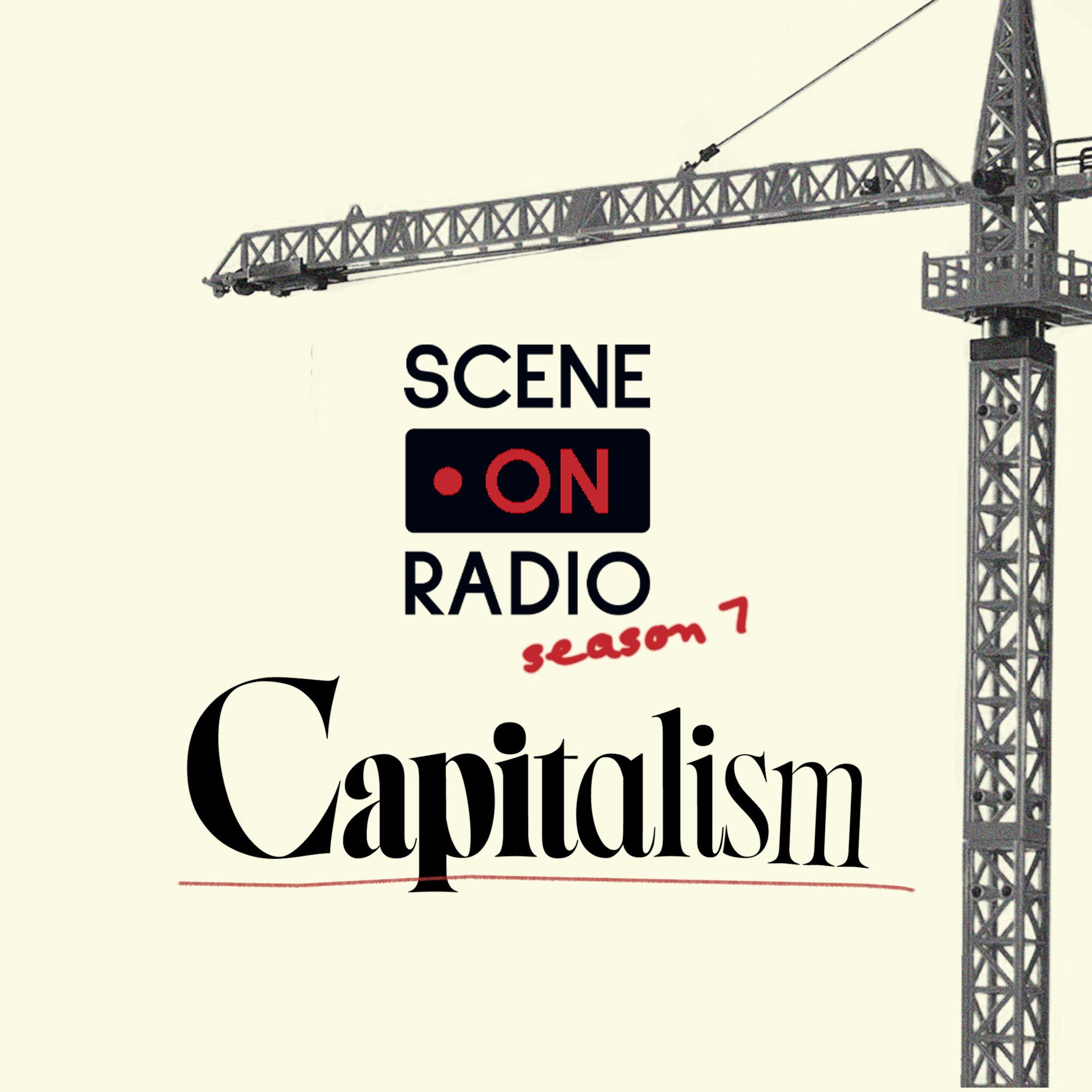
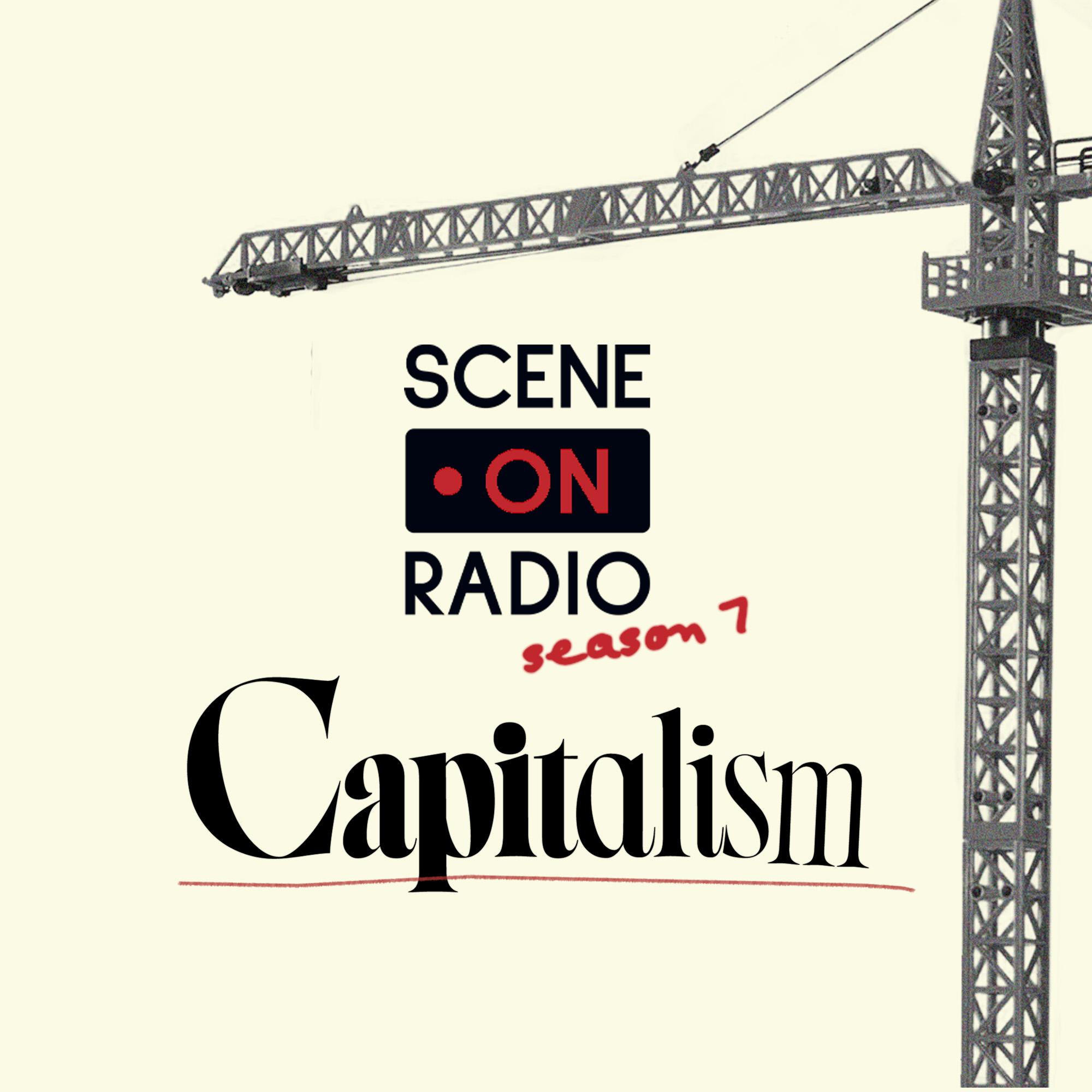
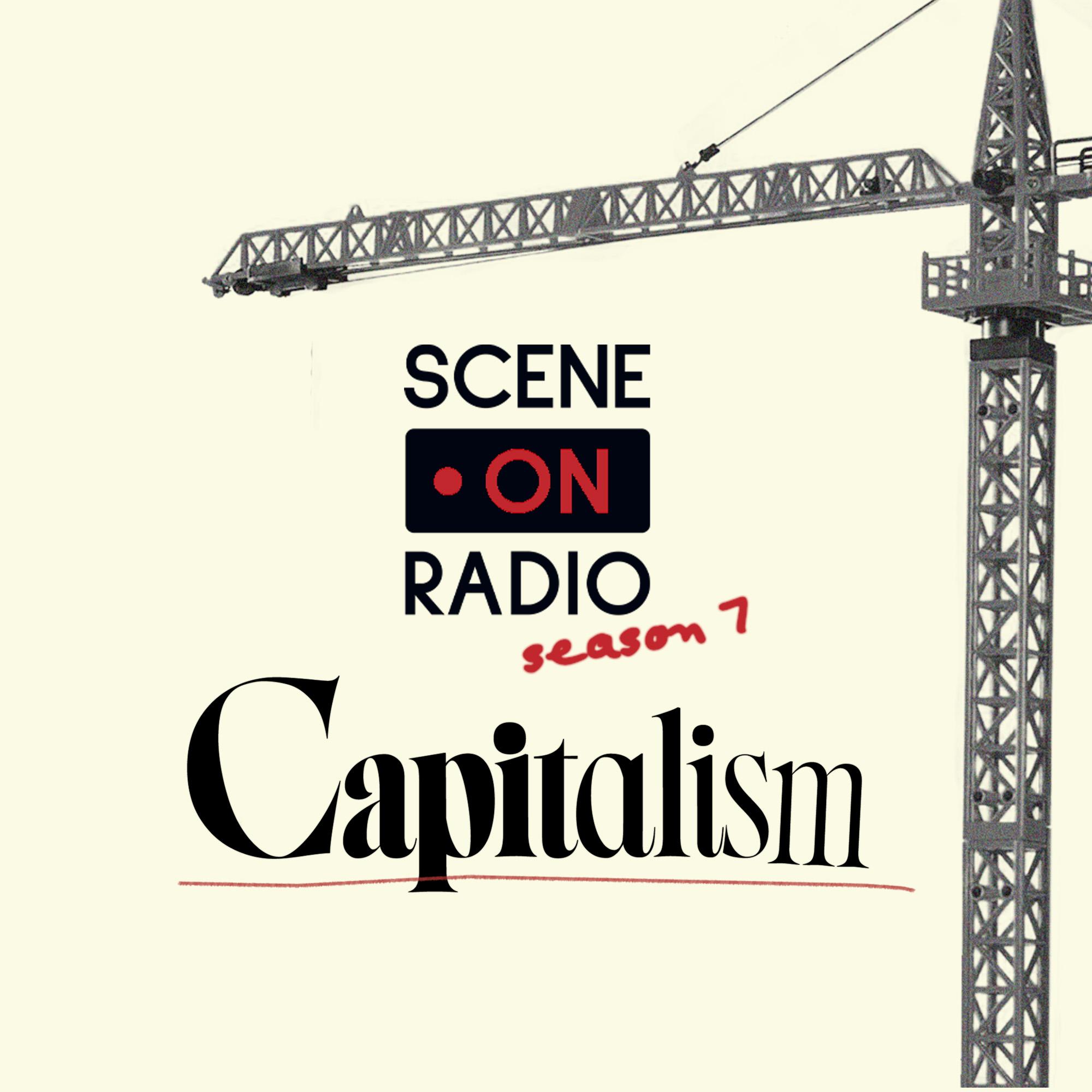
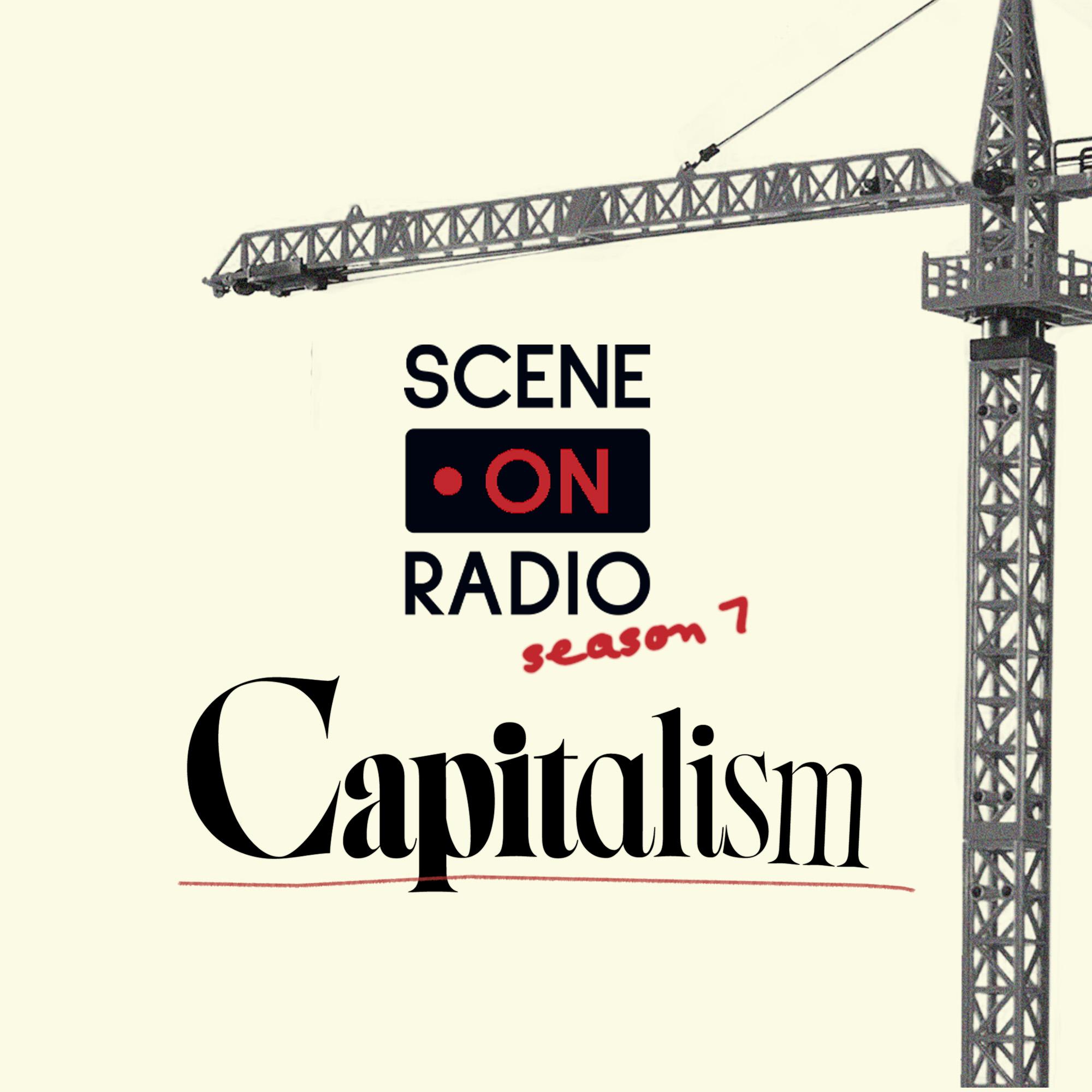
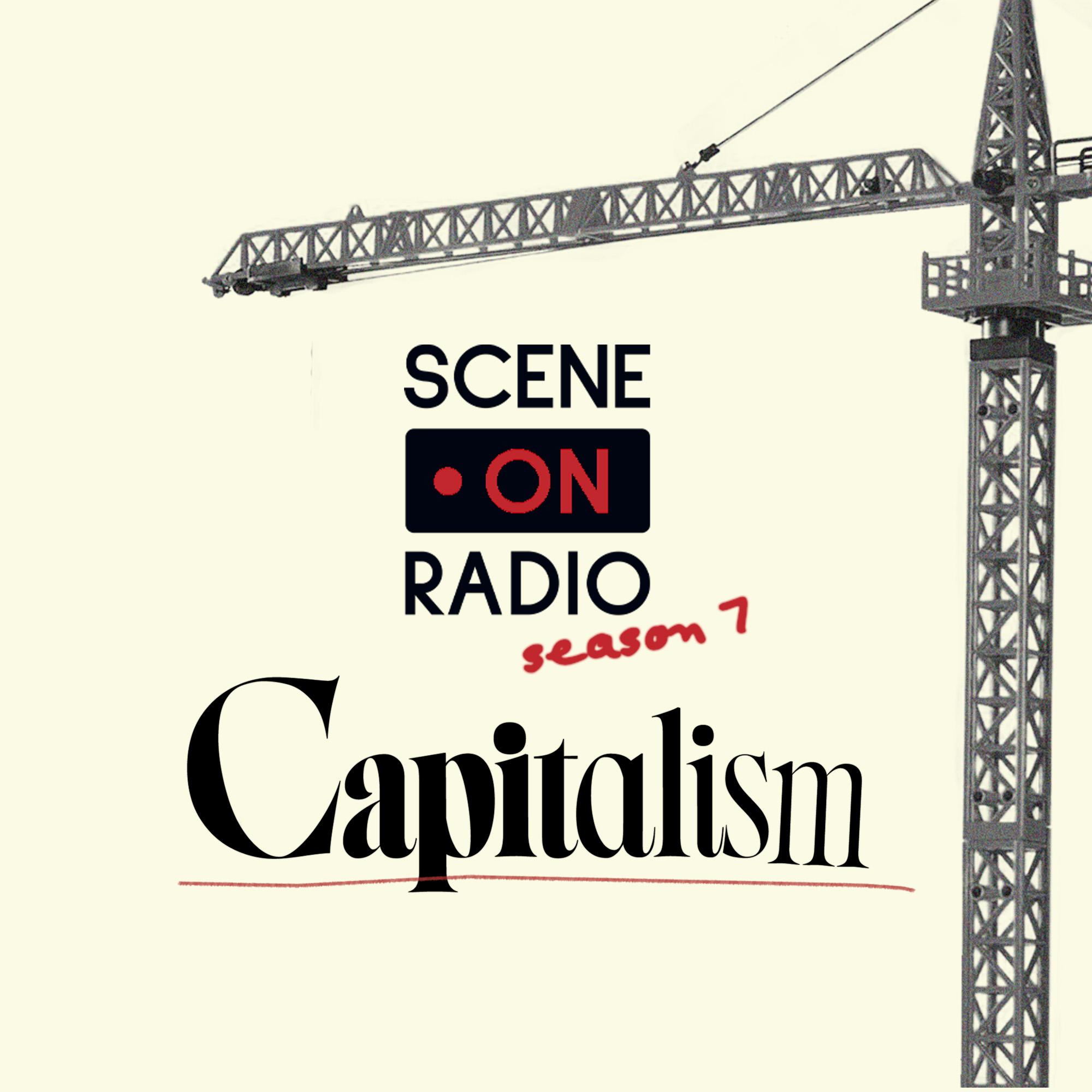
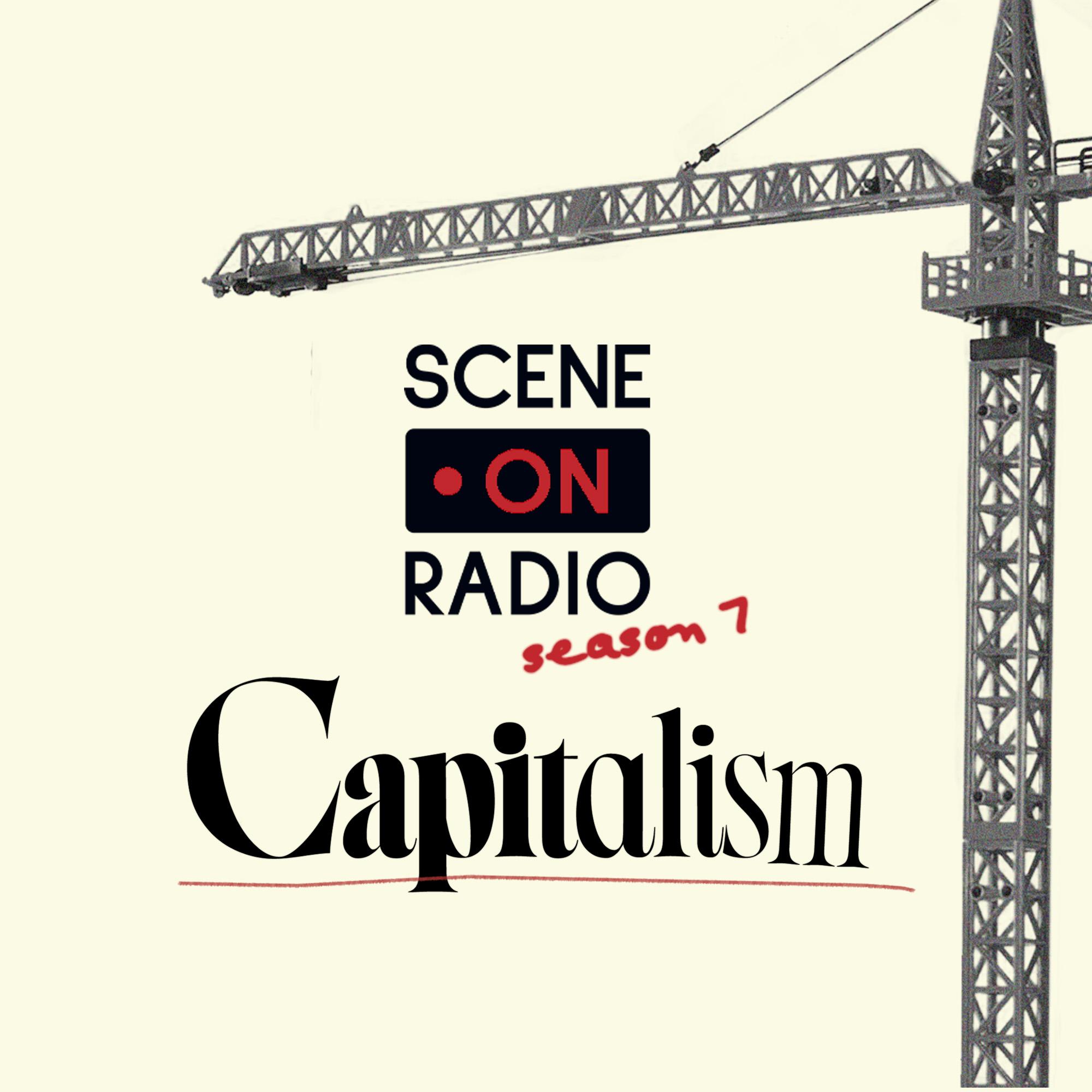
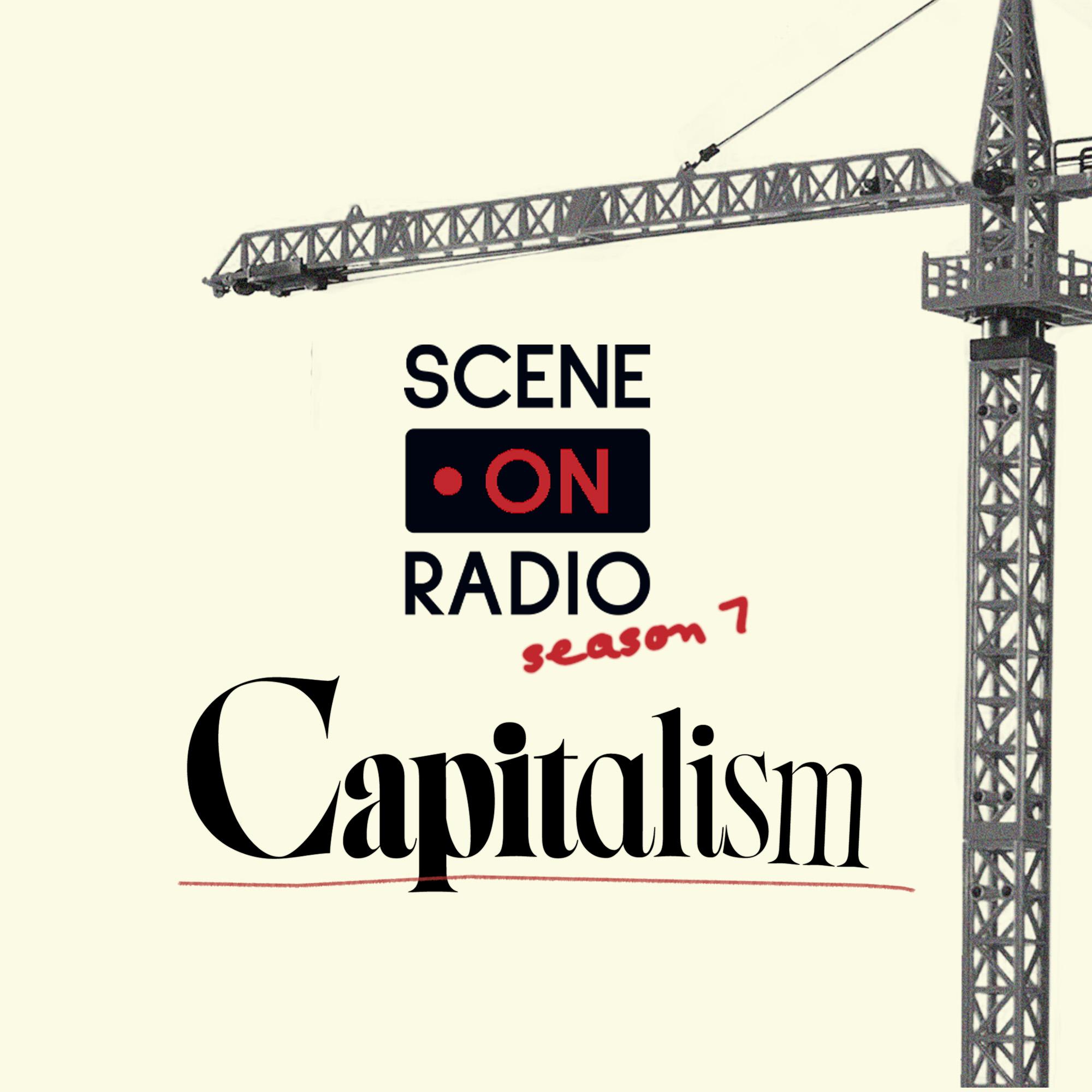
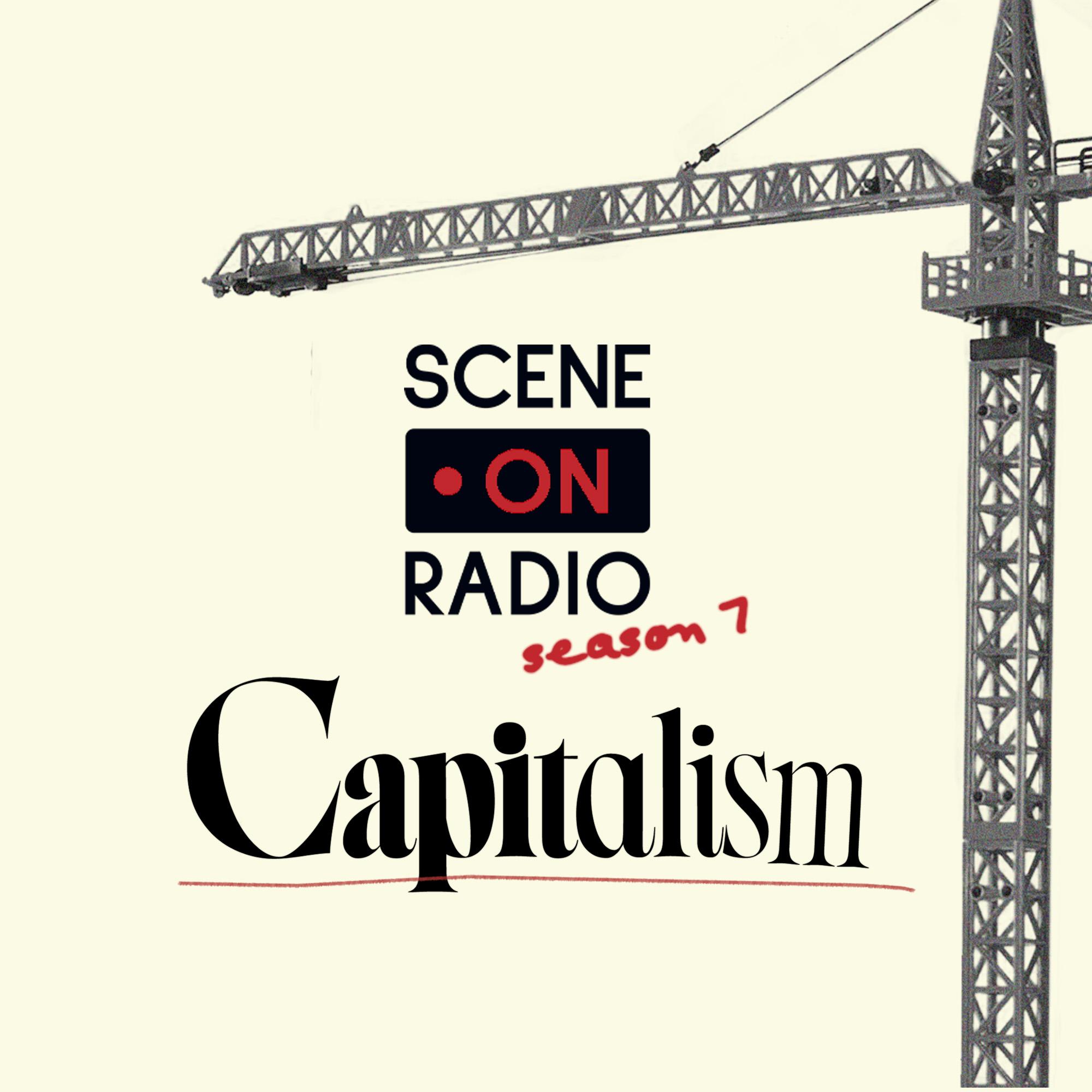
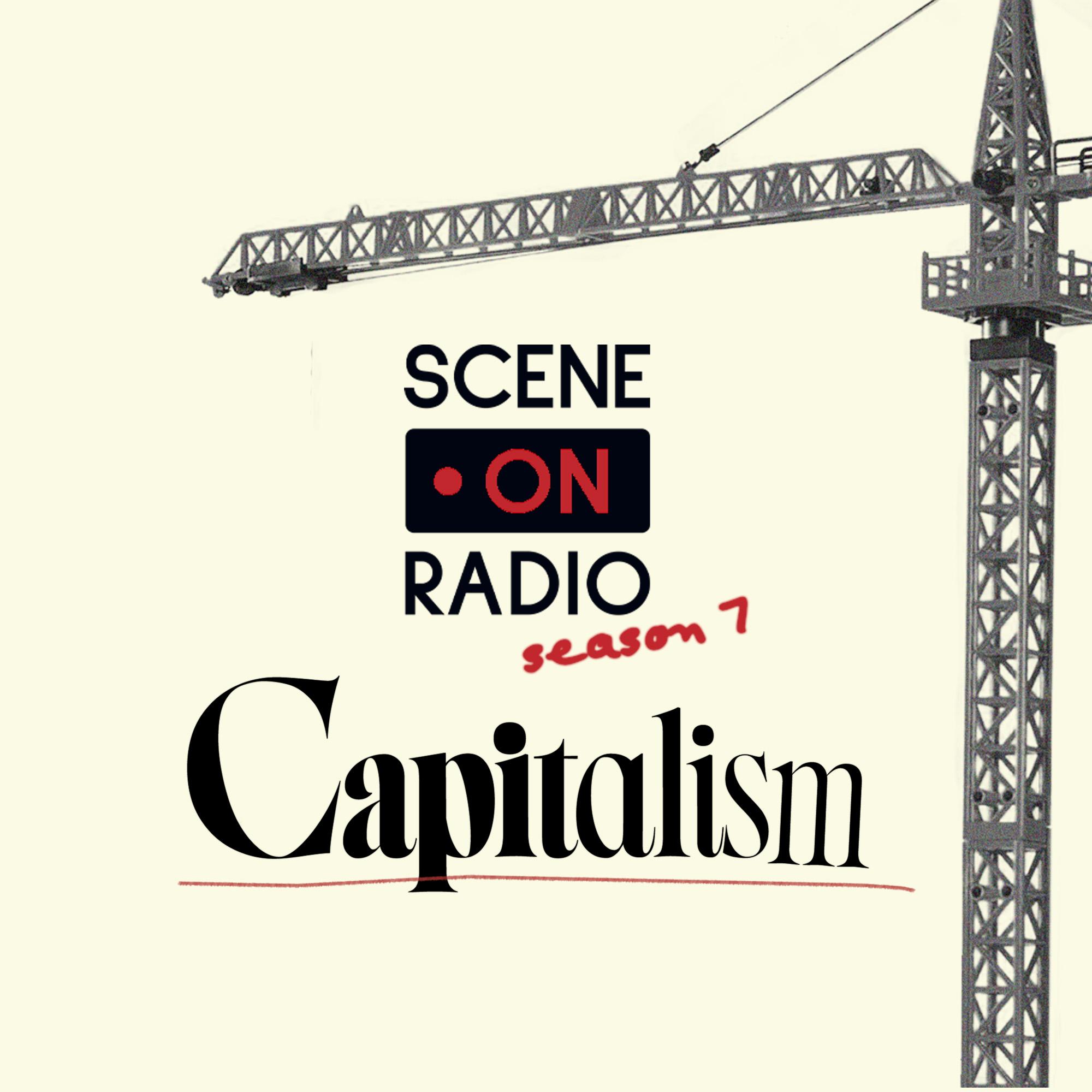
How Race Was Made (Seeing White, Part 2)

For much of human history, people viewed themselves as members of tribes or nations but had no notion of “race.” Today, science deems race biologically meaningless. Who invented race as we know it, and why? By John Biewen, with guest Chenjerai Kumanyika.
Photo: The Monument to the Discoveries, Lisbon, Portugal. The highlighted figure in the center is an effigy of Gomes Eanes de Zurara. The figure at the top right is Prince Henry the Navigator. Photo by Harvey Barrison.
Learn about your ad choices: dovetail.prx.org/ad-choices